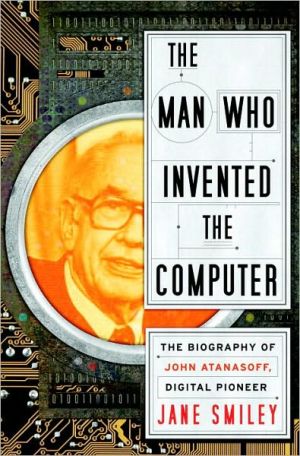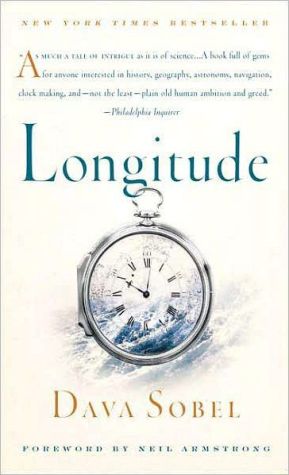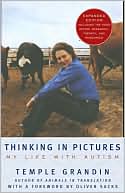Pendulum: Leon Foucault and the Triumph of Science
Search in google:
He was neither a mathematician nor a trained physicist and yet Léon Foucault always knew that a mysterious force of nature was among us. Like Newton, Galileo, Copernicus, and others before him, Foucault sensed a dramatic relationship between the rotating skies above and the seemingly motionless ground beneath our feet. But it wasn't until 1851 -- in Paris, inside the Panthéon, and in the company of fellow amateur scientist Napoleon III -- that Foucault swung a pendulum and demonstrated an extraordinary truth about the world: that it turns on its axis.Pendulum is a fascinating journey through the mind and findings of one of the most important and lesser-known characters in the history of science. Through careful research and lively anecdotes, world-renowned author Amir D. Aczel reveals the astonishing range and breadth of Foucault's discoveries. For, in addition to offering the first unequivocal proof of Earth's rotation, Foucault gave us the modern electric compass and microscope, was a pioneer in photographic technology, and made remarkable deductions about color theory, heat waves, and the speed of light.At its heart, Pendulum is a story about the illustrious period in France during the Second Empire; the crucial triumph of science over religion; and, most compelling, the life of a struggling, self-made man whose pursuit of knowledge continues to inform our notions about the universe today. Publishers Weekly Aczel, one of our best science popularizers (Fermat's Last Theorem; The Mystery of the Aleph; etc.), now recounts the triumphs and struggles of the French physicist L on Foucault (1819-1868), whose eponymous pendulum presented the first tangible proof of the earth's rotation. Aczel follows Foucault from his beginnings as a medical student and a science journalist covering the meetings of the august French Academy of Sciences to his installation as the official physicist attached to the Imperial Observatory in Paris and his belated election to the Academy of Sciences, finally overcoming the resistance of those who saw as an outsider this genius with no formal academic training. Foucault is portrayed as a wide-ranging thinker, fascinated with questions from the speed of light to the construction of the first gyroscope, but at the center of this account is his 1851 invention and demonstration of his famed pendulum. The author's transitions from narrative to scientific exposition can be a bit rough, but every time the pace begins to drag, he veers off in a new direction, drawing connections between Foucault's work and broader scientific, political and philosophical trends and themes. Aczel's material is so intriguing that one is inclined to forgive his habit of pursuing tangents. The reader is left with a choppy yet fascinating survey of Parisian science during the Second Empire and L on Foucault's grudgingly rewarded place in it. Illus. (Aug. 19) Copyright 2003 Reed Business Information.
Preface11A Stunning Discovery in the Cellar52Ancient Logic: Bible and Inquisition93Failed Experiments with Falling Bodies274A Science "Irregular" in the Age of the Engineer455The Meridian of Paris656"Come See the Earth Turn"917Mathematical Bedlam998A New Bonaparte1119The Force of Coriolis12910The Pantheon13911The Gyroscope16512The Coup d'Etat and the Second Empire17313An Unemployed Genius18514The Observatory Physicist19715Final Glory21116A Premature End22117The Defeat at Sedan22718Aftermath233AppProofs of Foucault's Sine Law241Acknowledgments247Notes251Bibliography259Index265








